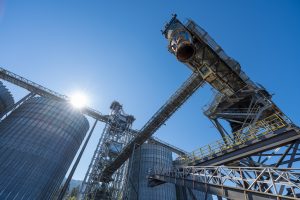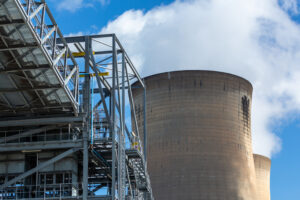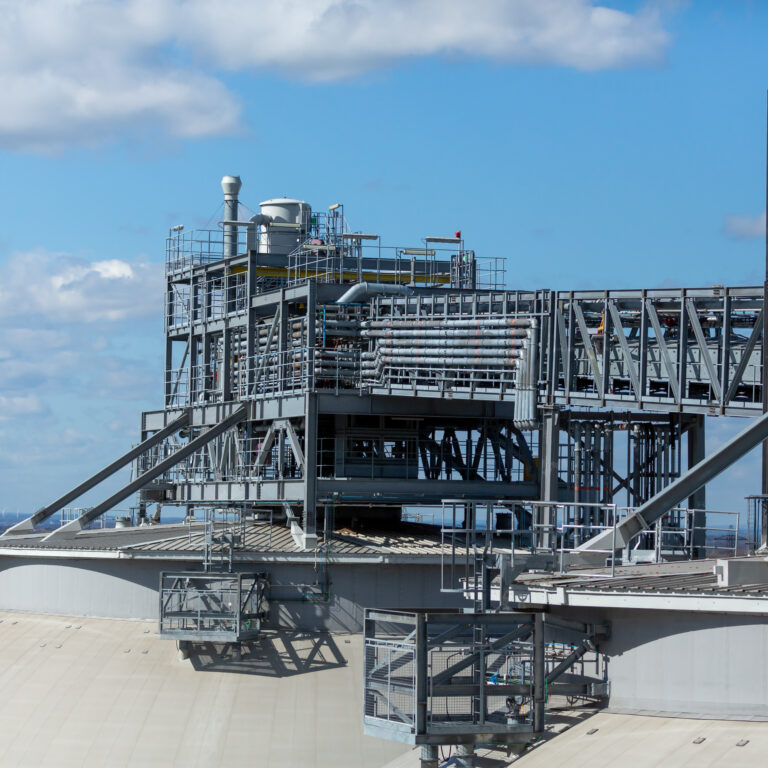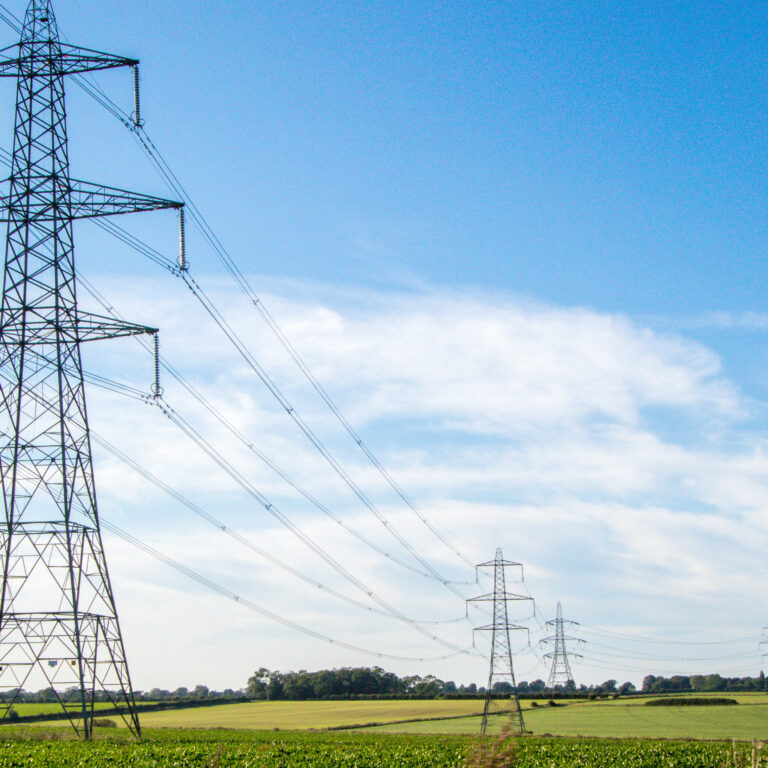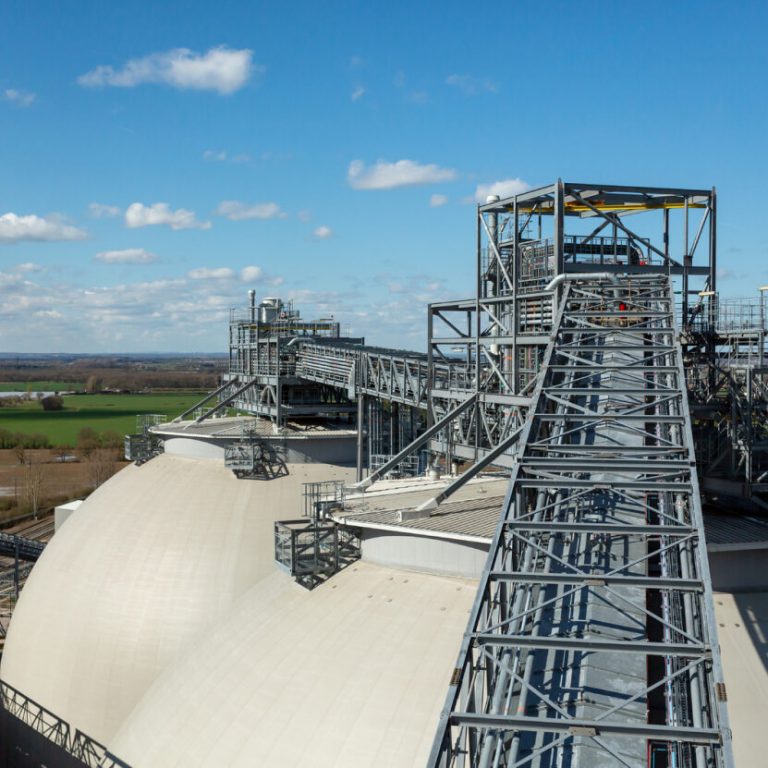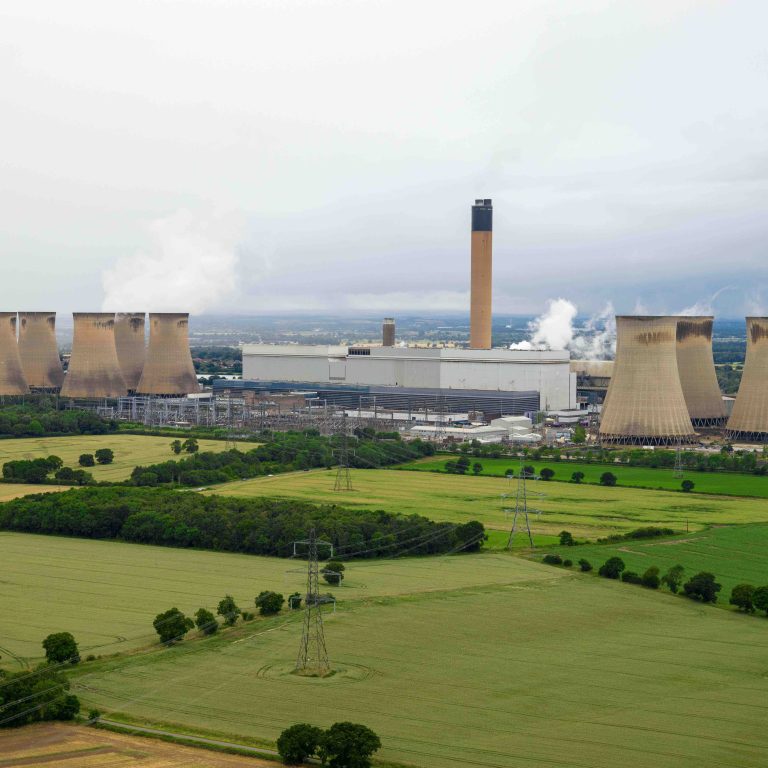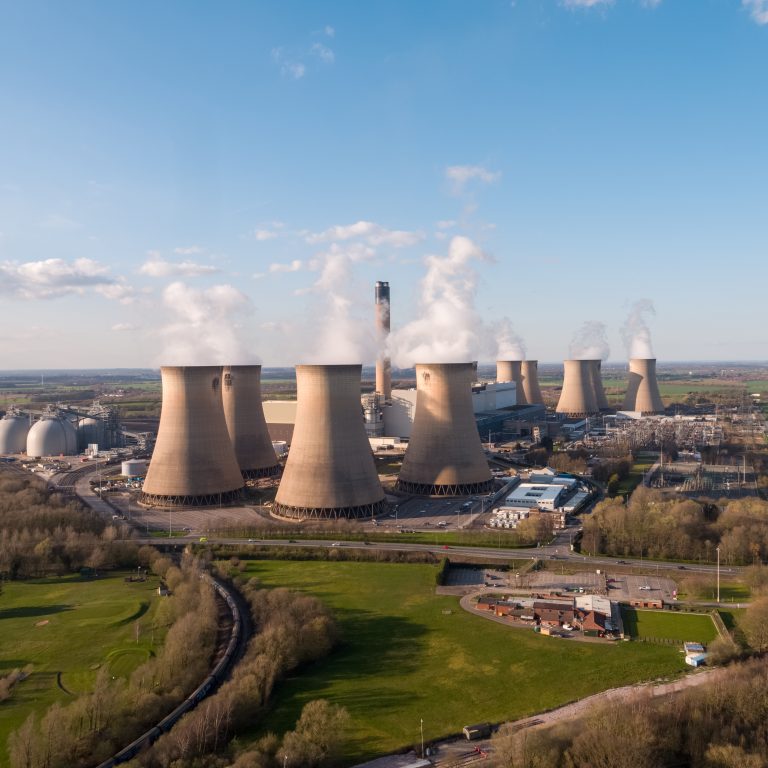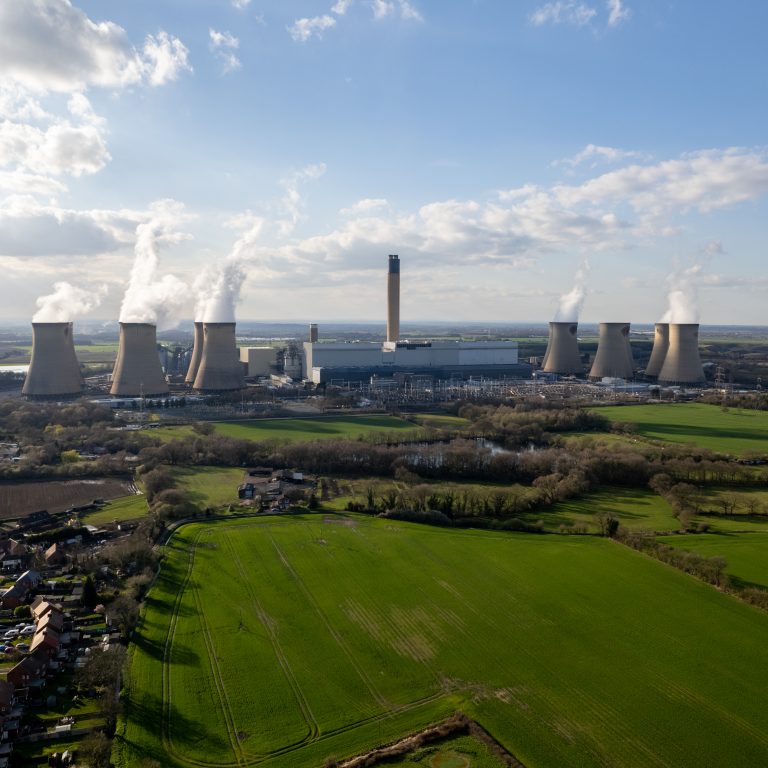- New research highlights the critical contribution that biomass could play in late 2020s as coal plants and nuclear fleet close down
- Drax pauses UK BECCS investment in 2023 as it awaits clarity of Government’s commitment to its project
- Without Government support for BECCS, Drax Power Station could become unviable in 2027
Baringa’s research shows that by 2027, peak demand for GB electricity will increase by 4GW but at the same time the imminent closure of coal, older gas generation and nuclear power stations will remove up to 6.3GW of secure capacity from the grid.
This will mean that the dispatchable capacity which supports GB energy security will fall from 93% to 85% at times of peak demand, increasing the risk of a supply shortfall. The system will need to rely on other forms of capacity, such as electricity interconnectors and intermittent renewable generation like wind or solar, to make up the 15% difference at times of peak demand, or steps may need to be taken to reduce consumption such as through voluntary demand reduction or forced turndown.
Drax’s power station in Yorkshire is currently the largest provider of dispatchable power to the GB electricity system, as well as being one of the only renewable sources of secure supply. Its renewable biomass generation provides 2.6GW of electricity, supplying millions of homes and businesses with dispatchable, reliable power.
Whilst Drax welcomed the Government’s support for CCS in the recent Budget, it needs its BECCS project to gain Track 1 status, without which, Drax Power Station may become unviable and unable to contribute secure power at a time of such critical need. Until it receives this clarity, Drax has taken the decision to pause it’s multi-million-pound investment programme into the BECCS project at Drax Power Station.
At times with the tightest margins, Drax’s biomass units provide up to 11% of total GB electricity generation and up to 70% of the renewable generation. The loss of Drax’s and other biomass units from the GB electricity system would further reduce the country’s dispatchable capacity to 80% of peak demand (from the already forecasted fall to 85%), increasing reliance on gas and power imports, generation from intermittent renewables, and increasing costs for consumers.
Drax CEO Will Gardiner said,
“Whilst we welcome the Government’s ambition to invest billions in carbon capture and storage, we need a firm commitment to BECCS before we commit to investing £2bn into installing this technology at Drax Power Station.
“Until we have this clarity, we are pausing our multi-million pound investment programme in the UK BECCS project and urge Government to use the planned announcement at the end of the month to outline their support for this. Any further delays to this project could impact the UK’s security of supply, net zero and levelling-up ambitions and the viability of Drax Power Station.”
The research also found that by 2027 no established technology can feasibly replace the security of supply provided by Drax’s 2.6GW of biomass capacity, without significantly increasing carbon emissions and relying more on imported fossil fuel from Europe.
It goes on to state that meeting decarbonisation targets without the carbon removals provided by Drax’s BECCS units will be more expensive and difficult and would require accelerating decarbonisation in challenging sectors such as heating, industry and road transport.
The report concludes that it is more cost effective and lower risk to keep existing biomass open than to build additional new build or retrofit gas CCS capacity.
ENDS
Media contacts:
Chris Mostyn, Head of Media Relations & PR
E: [email protected]
T: 07548 838896
Editor’s Notes:
- The Baringa research is available here
About Drax
Drax Group’s purpose is to enable a zero carbon, lower cost energy future and in 2019 announced a world-leading ambition to be carbon negative by 2030, using bioenergy with carbon capture and storage (BECCS) technology.
Drax’s around 3,000 employees operate across three principal areas of activity – electricity generation, electricity sales to business customers and compressed wood pellet production and supply to third parties. For more information visit www.drax.com
Power generation:
Drax owns and operates a portfolio of renewable electricity generation assets in England and Scotland. The assets include the UK’s largest power station, based at Selby, North Yorkshire, which supplies five percent of the country’s electricity needs.
Having converted Drax Power Station to use sustainable biomass instead of coal it has become the UK’s biggest renewable power generator and the largest decarbonisation project in Europe. It is also where Drax is piloting the groundbreaking negative emissions technology BECCS within its CCUS (Carbon Capture Utilisation and Storage) Incubation Area.
Its pumped storage, hydro and energy from waste assets in Scotland include Cruachan Power Station – a flexible pumped storage facility within the hollowed-out mountain Ben Cruachan.
The Group also aims to build on its BECCS innovation at Drax Power Station with a target to deliver 4 million tonnes of negative CO2 emissions each year from new-build BECCS outside of the UK by 2030 and is currently developing models for North American and European markets.
Pellet production and supply:
The Group has 19 operational pellet plants and developments with nameplate production capacity of around 5 million tonnes a year.
Drax is targeting 8 million tonnes of production capacity by 2030, which will require the development of over 3 million tonnes of new biomass pellet production capacity. The pellets are produced using materials sourced from sustainably managed working forests and are supplied to third party customers in Europe and Asia for the generation of renewable power.
Drax’s pellet plants supply biomass used at its own power station in North Yorkshire, England to generate flexible, renewable power for the UK’s homes and businesses, and also to customers in Europe and Asia.
Customers:
Drax supplies renewable electricity to UK businesses, offering a range of energy-related services including energy optimisation, as well as electric vehicle strategy and management.
To find out more go to the website www.energy.drax.com





